Understanding how our brain regulates emotional memory could help treat disorders such as depression or PTSD.
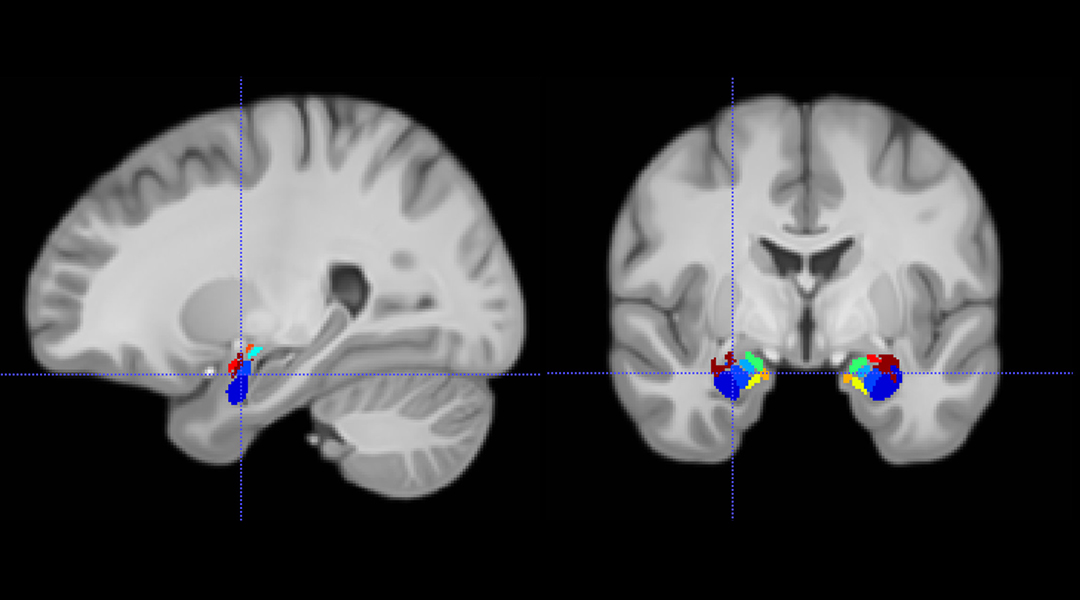

Understanding how our brain regulates emotional memory could help treat disorders such as depression or PTSD.
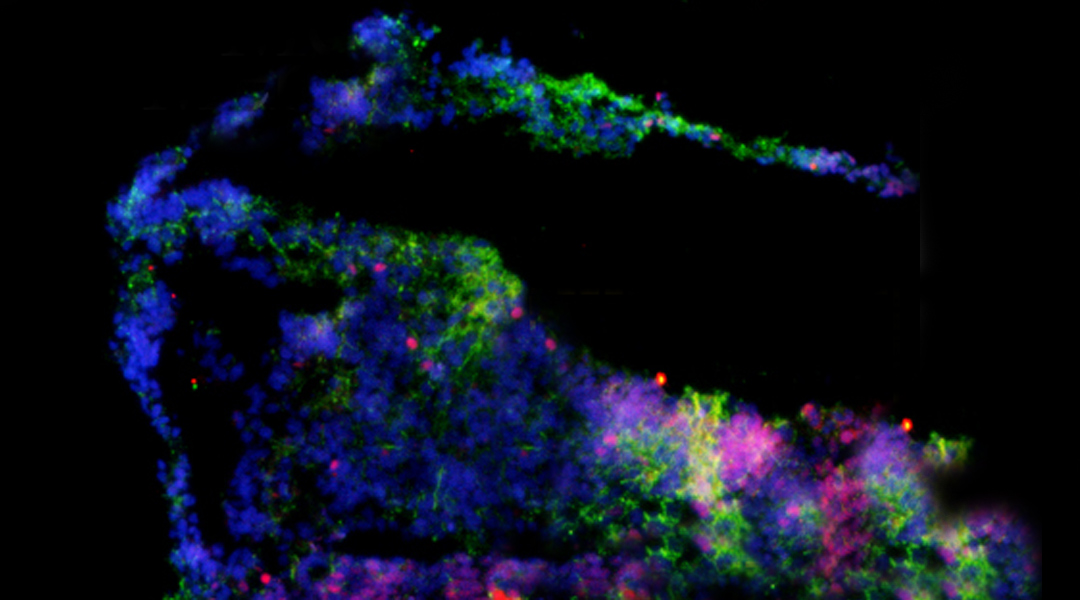
To mimic the the interconnected structure of the brain, model organoids can be connected together into larger assemblies.
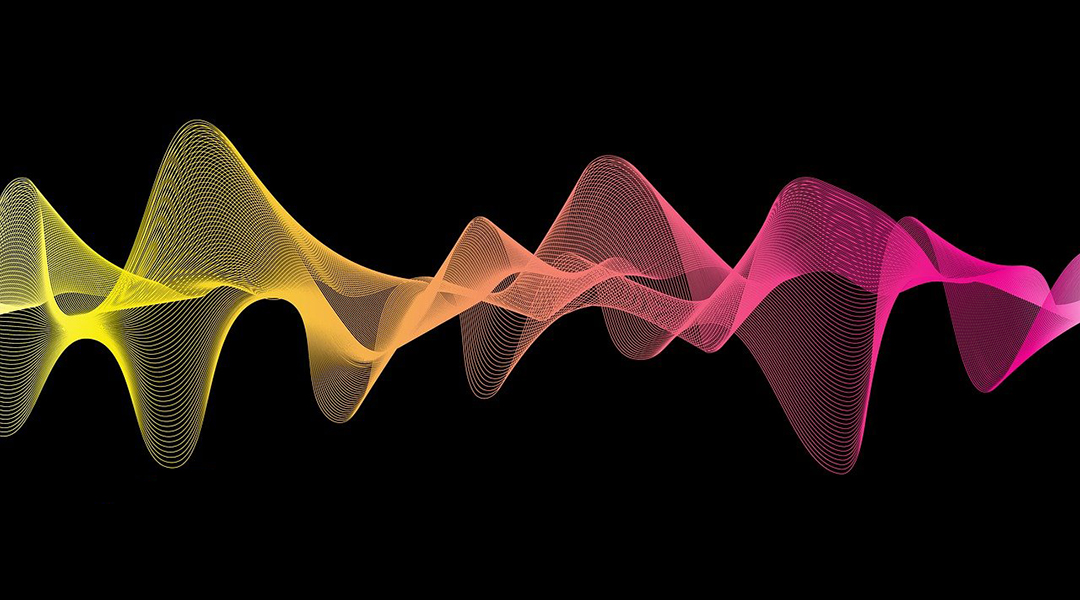
A new study has shown that the facial recognition areas of the brain play a role in the recognition of famous voices.
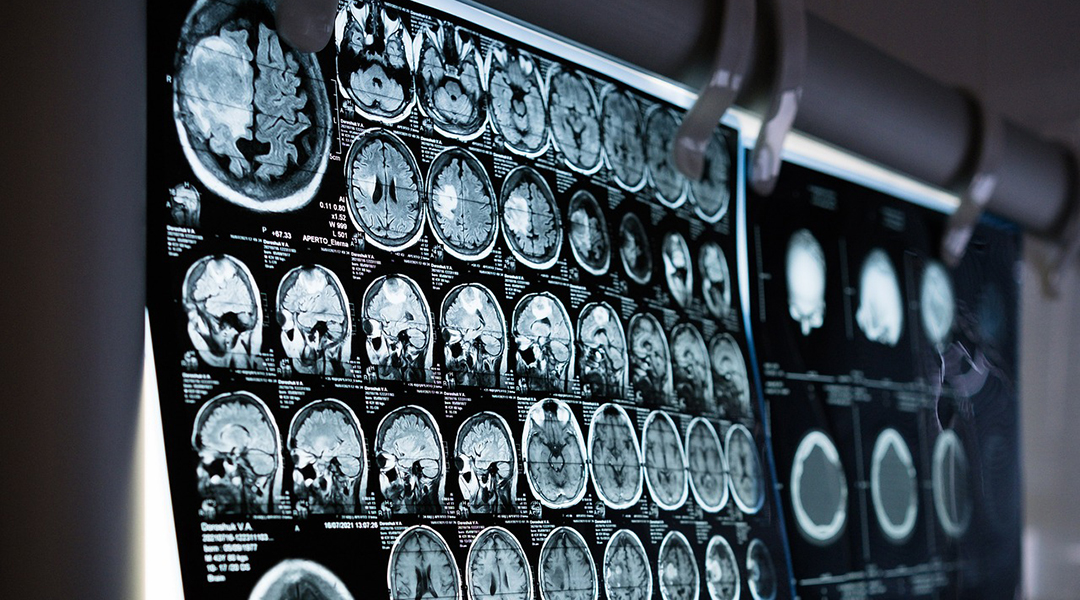
The newly discovered layer has an almost imperceptible width, allowing it to escape the notice of older imaging and experimental techniques.
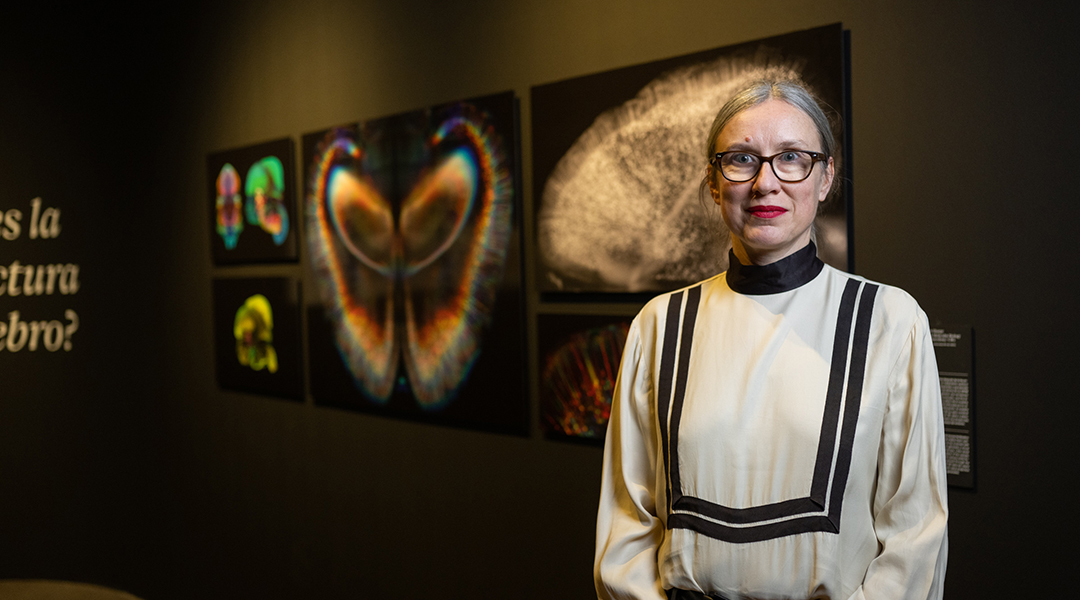
The exhibition Brain(s) uses artistic installations to explore unanswered questions and the relationship between science and culture.
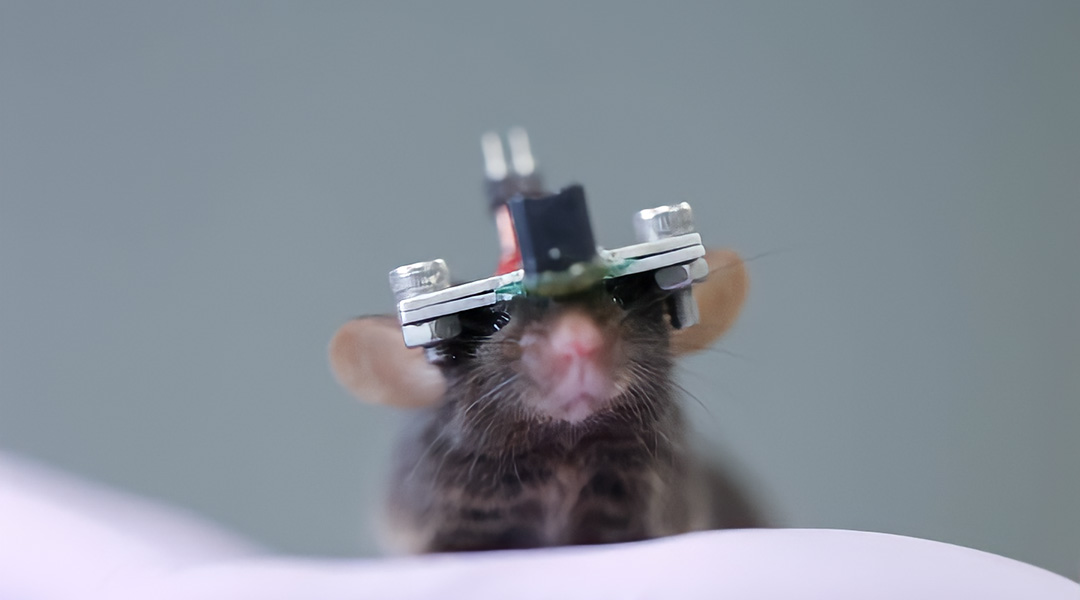
Ultrasound therapy, which stimulates neural pathways, just became easier to evaluate, opening the door for better clinical data.
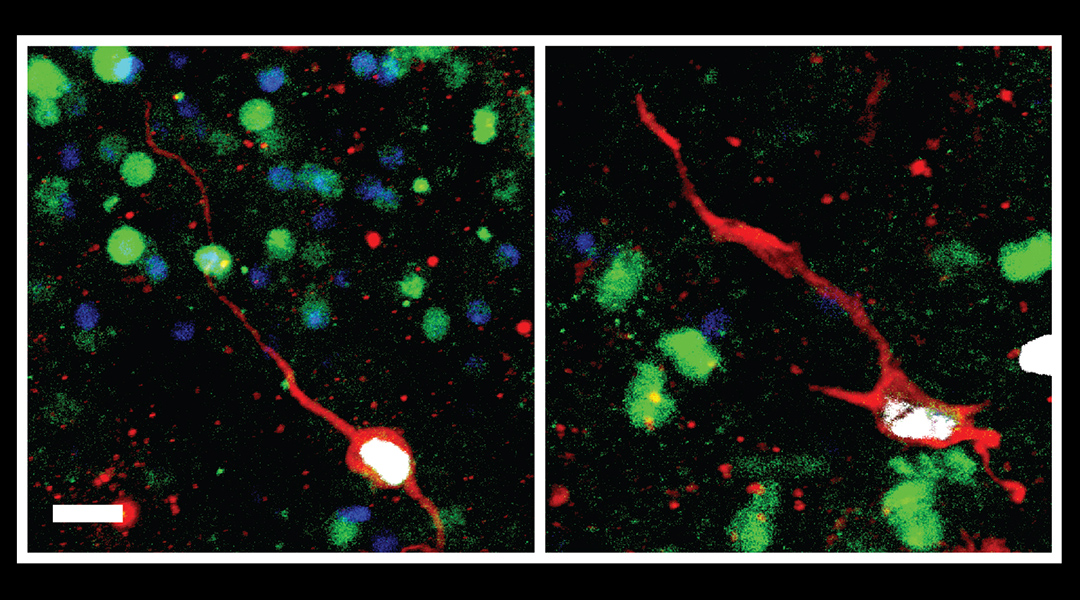
An RNA sequencing technique provides evidence for adult neurogenesis, the production of new neurons in the brain.

Is rhythm learnt or encoded in our genes? “Musical genes” could be the key.
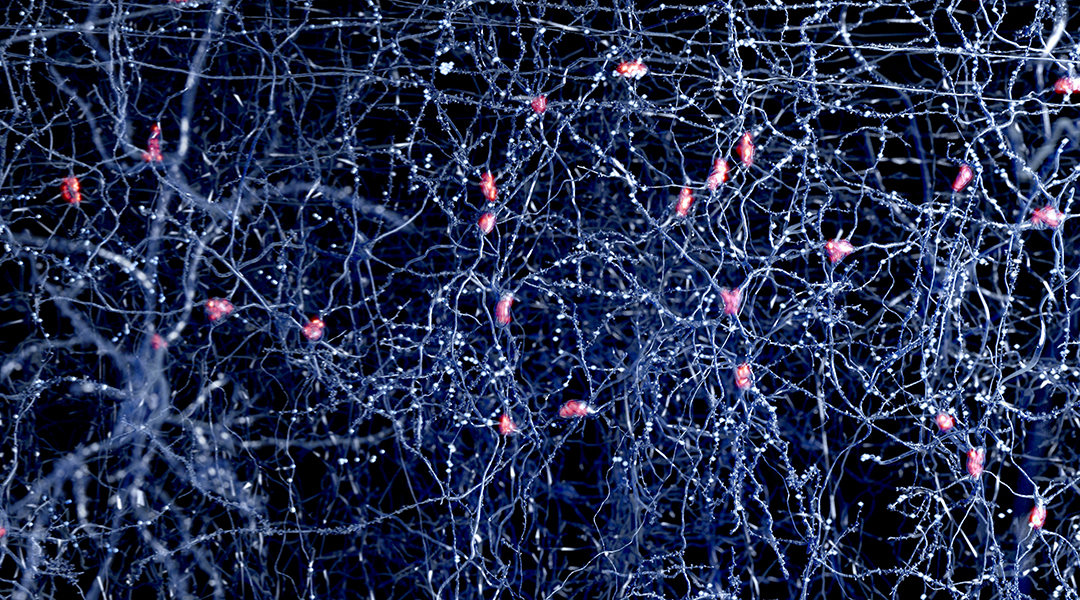
Researchers identify a protein that stops the brain from connecting memories, and regulating it could help improve memory loss treatment.
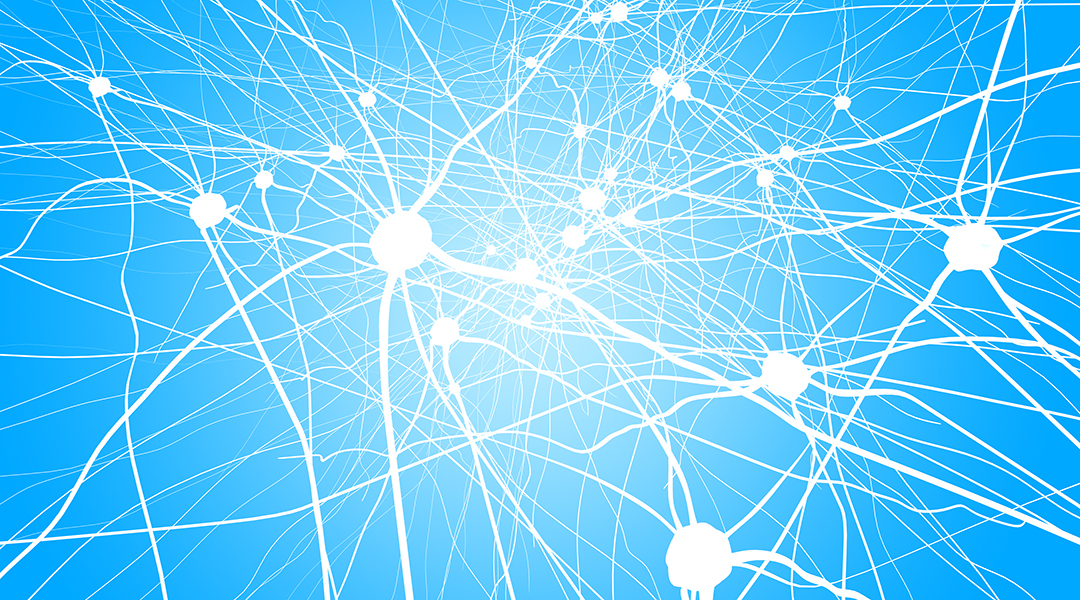
Brains of mice controlled using light-emitting nanoparticles in a proof-of-concept study to show wireless neuromodulation.